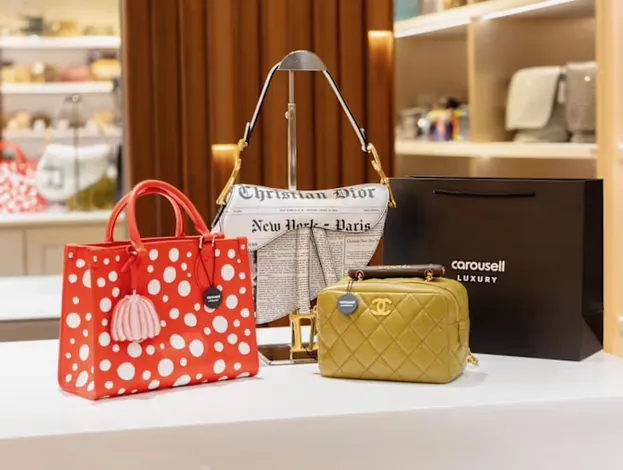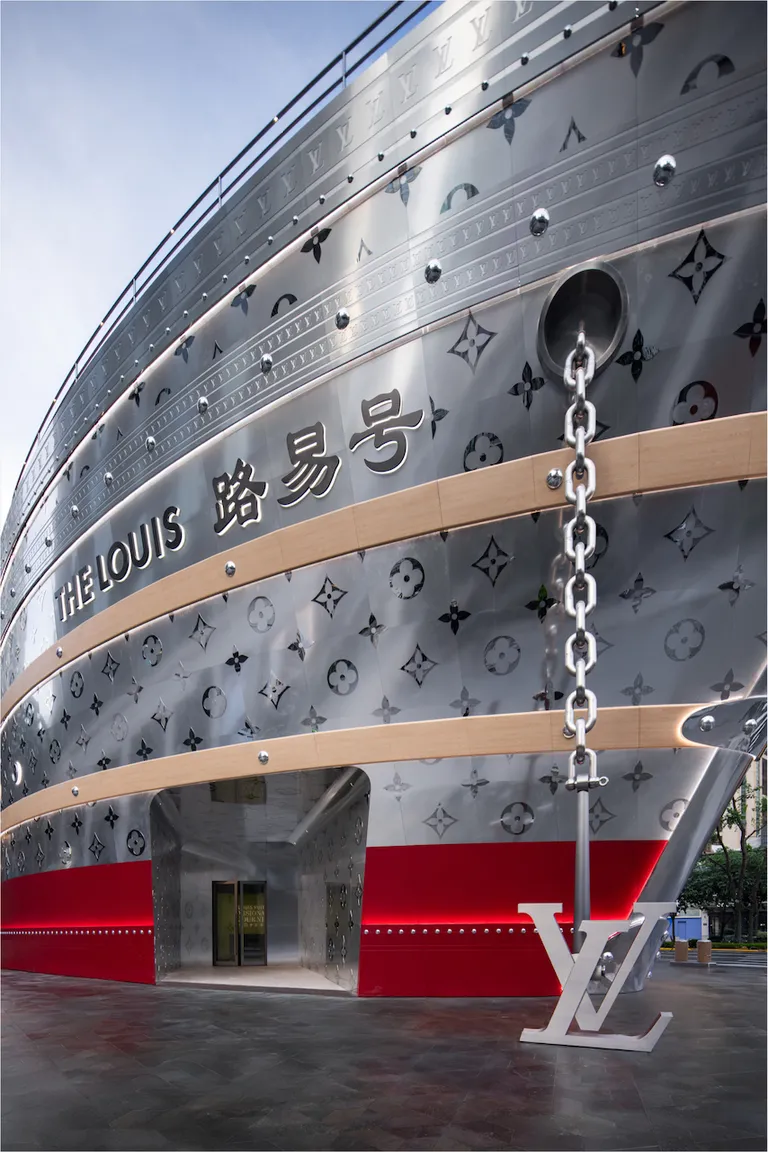The signal from Orchard Road
Carousell’s first Carousell Luxury store opens at The Centrepoint, Orchard Road — a 1,400 sq ft space dedicated to pre-loved handbags and accessories from houses such as Louis Vuitton, Chanel, Dior, Gucci, and YSL. Items undergo a multi-point authentication on site (materials, stitching, embossing, serials, hardware), typically within 10–30 minutes, backed by a money-back guarantee if a brand later disputes authenticity.
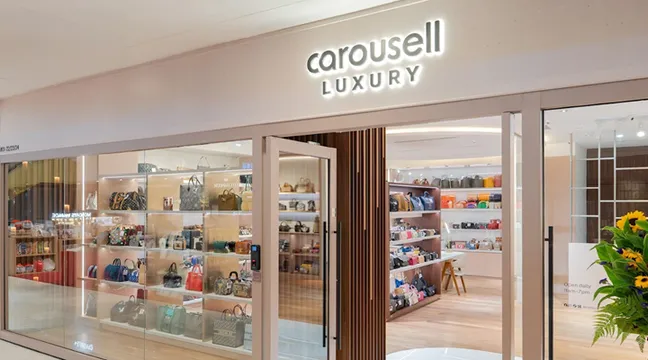
Sellers engage primarily through consignment on a transparent net-earnings model; Carousell retains 25–30% to cover photography and marketing. Trade-in and direct buy-outs exist as options, with buy-outs priced accordingly as Carousell assumes inventory risk. Since the soft launch, Louis Vuitton accounts for about one in four bags sold, and items typically sell within two to four weeks. The buyer and seller base spans mid-20s to late-50s PMETs, with overseas demand from China and South Korea adding momentum.
This is not Carousell’s first step into premium resale. The group also operates LuxLexicon (acquired 2024), which specialises in Hermès and selected watch categories with a presence at Palais Renaissance. The new store extends that ecosystem — and shifts perception from peer-to-peer classifieds to curated luxury resale.
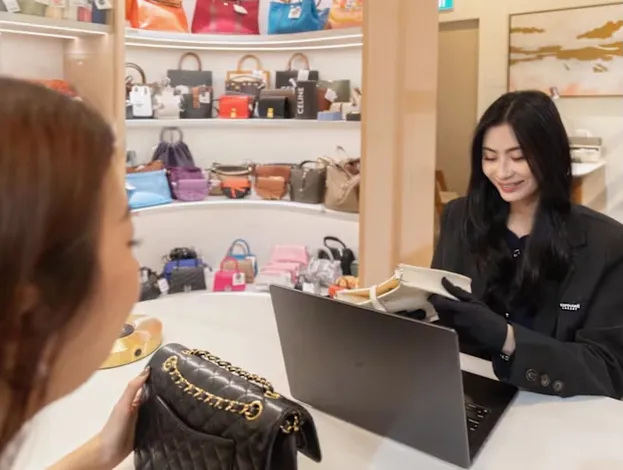
Carousell’s platform arc matters
Founded in 2012 by Quek Siu Rui, Lucas Ngoo, and Marcus Tan, Carousell grew from a mobile marketplace (its first sale: a Kindle for S$75) into a regional platform across 8+ markets, achieving unicorn valuation along the way. That scale confers discovery, trust infrastructure, and operational discipline — and now a hybrid model where online reach meets physical tactility on Orchard Road.
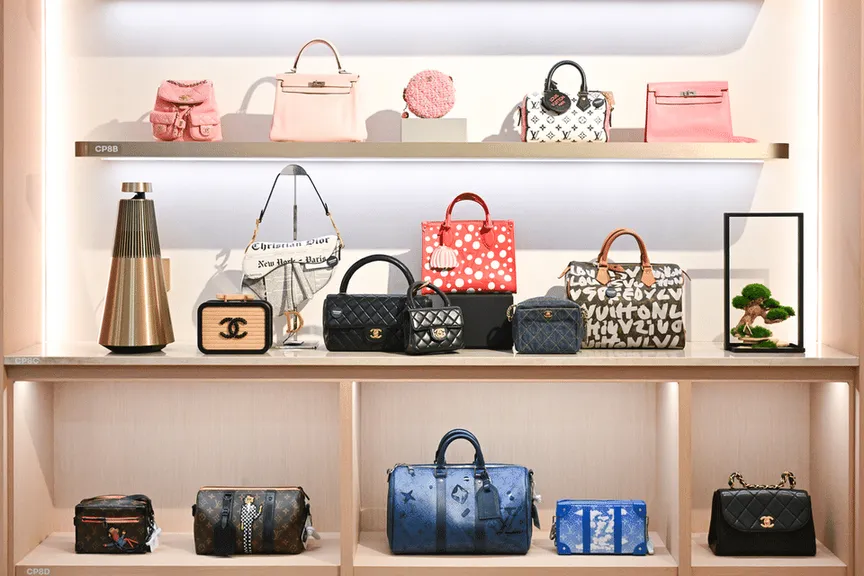
Resale has moved centre stage
Across markets, resale has moved from side-channel to centre-stage:
- US secondhand apparel is around US$56bn, with roughly one-third of apparel purchases already secondhand.
- EU Digital Product Passports will raise expectations for provenance, materials transparency, and lifecycle data.
- Gen Z in China embraces value-savvy consumption (“No Buy 2025”), feeding interest in pre-loved, vintage, and trade-in models.
- Platforms and retailers invest in authentication infrastructure (e.g., watch verification moving in-house), while reports from The RealReal and ThredUp point to sustained adoption, deeper category mixes, and price transparency.
When maisons join in, the message lands
Luxury groups and maisons have moved decisively:
- Gucci Preloved with Vestiaire Collective (Kering)
- Rolex Certified Pre-Owned
- Cartier / Richemont via Watchfinder & Co.
- Coach (Re)Loved (Tapestry)
- Balenciaga trade-in resale scheme
- Mulberry Exchange (trade-in + resale)
- Stella McCartney with The RealReal and Vestiaire Collective
- Audemars Piguet official buy-back
- Omega testing certified pre-owned
- LVMH with Nona Source (materials resale) and Heristoria (archival pieces)
Once flagship names formalise programmes, resale graduates from “alternative” to mainstream luxury. The category gains status, standards, and service — and customers gain confidence.
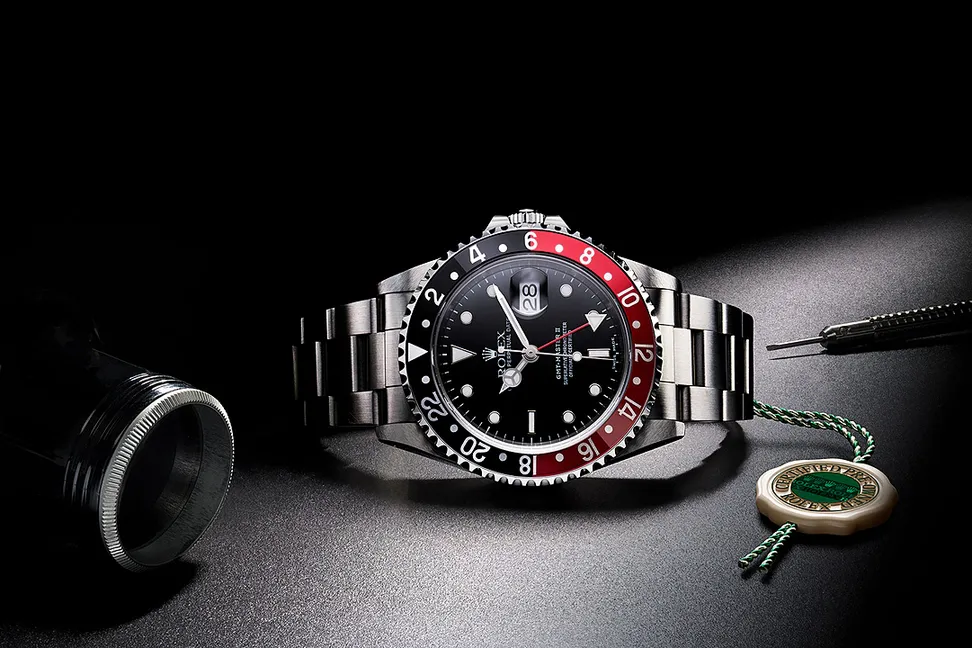
Why a physical store matters in Asia
Two truths drive the Orchard move: trust and touch. Authentication by trained appraisers reduces risk; a boutique environment elevates the experience; and immediate, face-to-face service creates clarity on condition, pricing, and value. For Singapore — a regional luxury hub with affluent locals and cross-border shoppers — Orchard Road becomes a live showroom for circular luxury, blending assurance with access.
What this means for luxury retailers
Resale reshapes expectations in primary retail. Customers now compare experience, transparency, and value-retention across both worlds. The winning response:
- Embed trust rituals in the journey (materials storytelling, repair, authentication-adjacent touchpoints).
- Design circular pathways (trade-in, refurbishment, archival drops).
- Raise frontline expertise — appraiser-like precision in product knowledge, condition grading, and provenance dialogue.
- Align pricing logic with perceived lifespan and resale value.
- Measure confidence as a KPI alongside conversion.
Retailers used to fight competitors; now they need to win back the trust of smarter, more conscious customers.
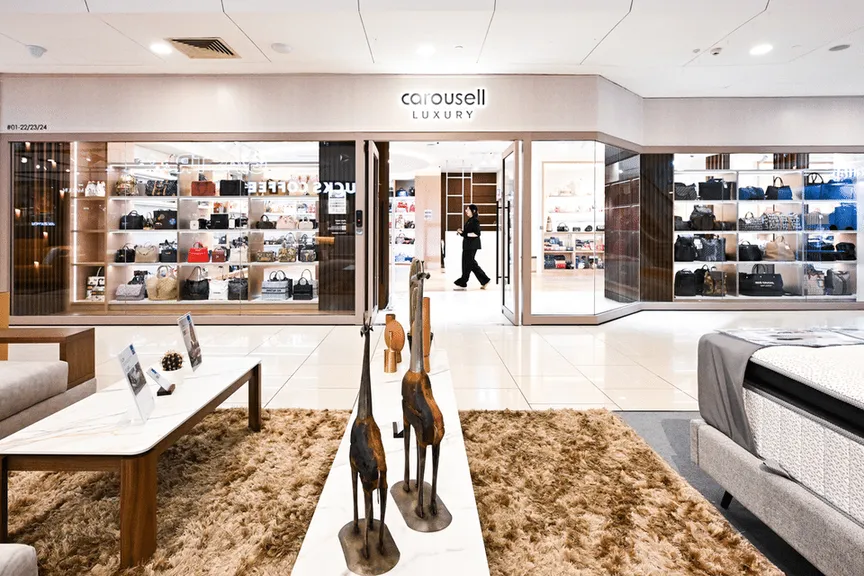
Final Thoughts
Carousell Luxury’s Orchard debut captures a wider shift: circularity with standards, access with assurance, and digital reach with physical trust. For Asia’s luxury landscape, this blends culture and commerce in a way that feels timely — and distinctly Singaporean. The next phase belongs to brands and retailers ready to embrace resale logic inside their primary business: richer storytelling, service that values longevity, and experiences that honour both the object and its journey.
My advice: Be bold. Be premium.
